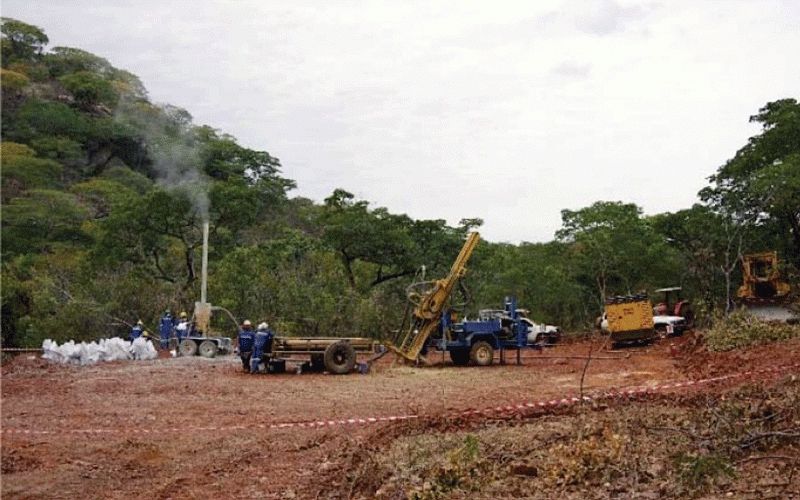
THE 12th edition of the annual Zimbabwe Alternative Mining Indaba roared into life on October 16, 2023 under the theme A Just Energy Transition: Unlocking Community Potential and Participation.
Various stakeholders from Parliament, government institutions, academia, civil society organisations, business and various communities converged in Bulawayo to map the way forward on the energy transition agenda without prejudicing communities from areas where transition or green minerals such as lithium are being mined.
The second day of the event was scheduled for various organisations to interrogate various subjects linked to the major theme based on their work’s perspective. To this effect, Action Aid Zimbabwe and Global Platforms Zimbabwe convened a side session titled: Exploring funding opportunities for a feminist, fair, green and just transition which sought a multi-stakeholder interface on the nexus between climate change and a just transition
Some of the challenges in the transition to clean energy is that African countries such as Zimbabwe are already suffering from energy poverty. A transition from fossil energy such as coal to sustainable alternatives such as solar requires a multifaceted approach that puts people at the centre of the narrative.
African countries such as Zimbabwe depend on fossil fuels and need to take a calculated approach to ensure that a just transition is achieved.
The climate crisis has had a negative impact on food systems for communal farmers. Inconsistent weather patterns have led to drought, biodiversity loss and loss of seed viability in areas such as Nyazura and Rusape which were represented at the side session and gave testimony of this experience.
The dry spells also threaten livestock and increases competition for resources. Mining community members bemoaned the environmental, social, economic and cultural impacts that mining has in communities. While resources are being extracted on a daily basis there is little to show for community development and beneficiation. The situation has a ripple effect and translates to broader socio-economic challenges.
The situation is, however, more harrowing for women who face the binary effects of the climate crisis. Where there are climate emergencies, food insecurity worsens and it is women and lactating mothers who bear the brunt.
- Pay civil servants : Action Aid Zimbabwe
- ‘Capacitate smallholder farmers’
- ActionAid writes to ED over food prices
- Letter from America: A new culture war is brewing over abortion
Keep Reading
Currently, countries and multinational companies are already in the rush for transition minerals such as lithium, copper, cobalt and nickel. This new scramble for Africa can negatively affect the transition by fuelling inequality, human rights abuses and ecological damage, particularly in host communities where unsustainable mining practices are currently taking place.
Locally, the just transition is under threat from Zimbabwe’s public and publicly-guaranteed debt which is pegged at over US$18 billion. The situation presents a challenge of a widening public finance gap and perpetuates the debt cycle leaving limited resources to finance the much-needed transition.
Speaking at the event, ActionAid Zimbabwe country director Joy Mabenge revealed that a global research done by his organisation indicated that the private sector is one of the biggest contributors to the climate emergency as it channels funds to non-renewable energy production and industrial agriculture.
He lamented that leaving the energy transition in the hands of the private sector may derail the transition and threatens the “just” element of the transition as the sector is profit-oriented. The private sector’s orientation to profit places high risk on green alternatives such as agro-ecology and renewable energy, making it a very expensive form of financing for the much-needed alternatives.
The deliberations called on the global north to expedite non debt financing, but grants for countries in the global south. There is also need for debt cancellation to enable governments to work on and intensify their energy plans.
Meanwhile, the government must strengthen policies and laws to enable transparency and accountability in climate financing and ensure funding for agro-ecology and renewable energy is specific. The private sector remains an important stakeholder in the transition and it must proffer false solutions and focus on sustainable models.
Roselilly Ushewokunze is the coordinator for Food Justice Network Zimbabwe, and Darlington Chidarara is project officer at Women’s Rights and Economic Justice Unit at Action Aid Zimbabwe.






